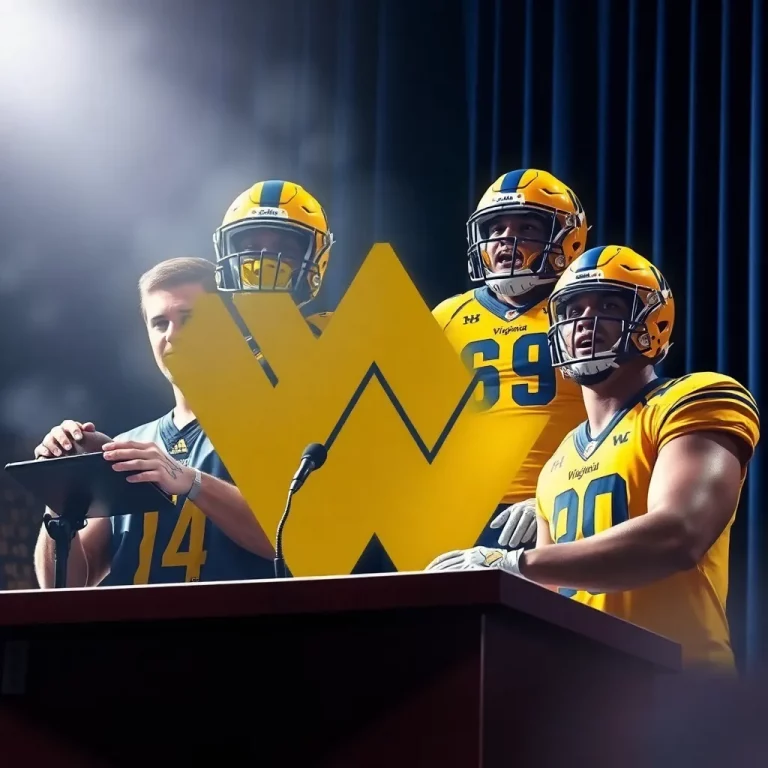In Fairmont, West Virginia, a U.S. District Judge has made a significant decision regarding the eligibility of four college football players to compete at West Virginia University this season. Judge John Preston Bailey granted a preliminary injunction to defensive lineman Jimmori Robinson, running back Tye Edwards, safety Justin Harrington, and wide receiver Jeff Weimer, allowing them to play after they previously faced denied appeals under the NCAA rules.
The players argued that their time spent at junior colleges should not count against the NCAA’s five-year limit to compete in college football, particularly because those colleges were not part of NCAA divisions. This lawsuit is one of many questioning the NCAA’s eligibility guidelines, which have been challenged in courts across the country.
In contrast, just two days before this ruling, a federal court in California turned down the eligibility requests of two other players, DJ Wingfield from Southern Cal and Kaedin Robinson from UCLA. In his ruling, Judge Bailey pointed out that there is a noticeable divide in legal opinions surrounding these eligibility cases.
Bailey referenced previous cases, including those involving Vanderbilt quarterback Diego Pavia and Rutgers safety Jett Elad, where courts ruled in favor of student-athletes. He determined that the NCAA’s eligibility rules should be viewed through the lens of commercial law, especially in light of recent changes related to name, image, and likeness (NIL) compensation deals that began in July 2021.
Amid these developments, NCAA spokeswoman Saquandra Heath expressed concerns that this ruling undermines academic standards for student-athletes, insisting that collaboration with Congress is needed for establishing clear regulations in college sports.
As of now, the four players have not taken part in fall practice sessions at West Virginia, with only Weimer not appearing on the official roster. Notably, Jimmori Robinson stands out with impressive credentials, having been named the American Athletic Conference’s defensive player of the year last season after racking up 10 1/2 sacks while playing at UTSA.
Robinson’s eligibility remains a topic of debate, as an NCAA attorney raised questions about his academic standing during the court session. The situation raises many questions about the future of these players and the evolving landscape of college sports eligibility as regulations continue to be challenged.


